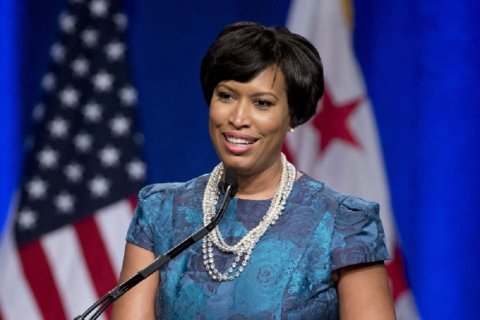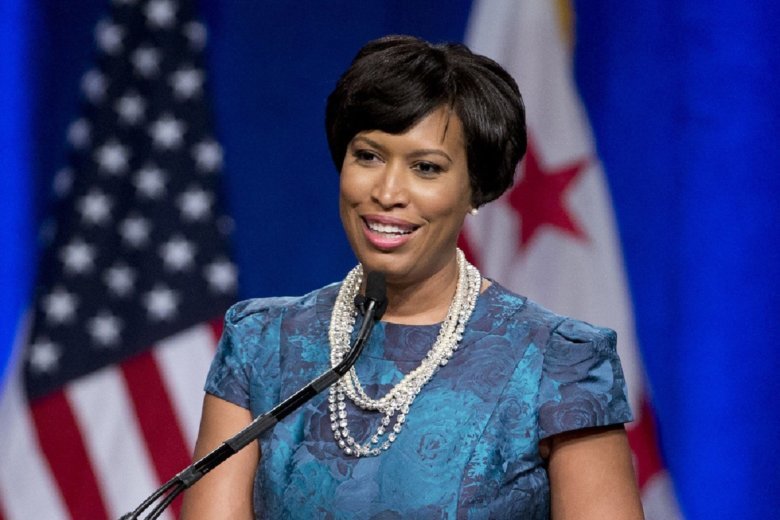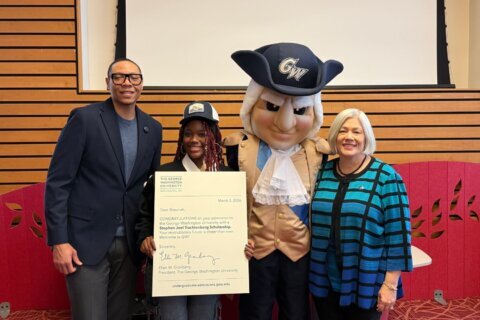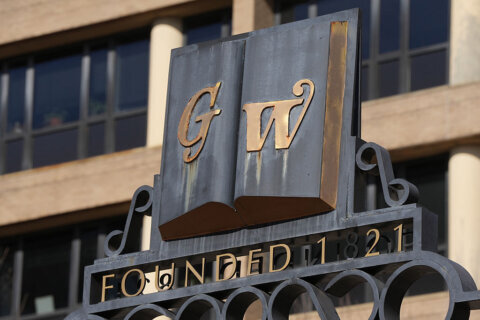
A recent poll suggests more Washingtonians are thinking positively of their public schools, with a record number of D.C. residents seeing improvement in the city’s school system.
In a survey conducted by The Washington Post between Nov. 12 and Nov. 17, 44% of adults either with or without kids attending D.C. public schools viewed the city’s school system positively, versus 40% negatively — the first time that poll has reported a higher net approval than disapproval of public schools since 1990.
And 40% of those surveyed also saw the quality of D.C. public schools as having improved over the course of Mayor Muriel Bowser’s first term, with only 8% believing public schools have worsened and 35% perceiving no change.
Of parents with at least one child attending public school, 92% rated their school as either excellent or good, compared with only 8% at not-so-good or poor, in 2019. Sixty percent of parents polled with a child in a D.C. public school regarded the District’s school lottery system for determining admission as fair, while 38% said it was unfair.
When it came to ranking the system as a whole, separate from the school their own child is attending, 64% percent of those parents had a positive view of the District’s public education system, up from 47% in 2014.
Education continues to be among the most important issues D.C. residents want to see the mayor tackle, but the November results suggest a greater number of D.C. residents see housing and rising violence as more pressing concerns: 23% of those polled named affordable housing as the biggest problem facing the city; 18%, crime and violence; 9% and 8% poverty and improving schools, respectively.
Schools were the only area where Bowser received more net positive marks than net negative when respondents were asked how the mayor had dealt with a number of issues facing the community.
A majority of those polled see Bowser as having room for improvement when it comes to reducing crime, addressing homelessness, creating and maintaining affordable housing and reducing the influence of big donors on city government.









